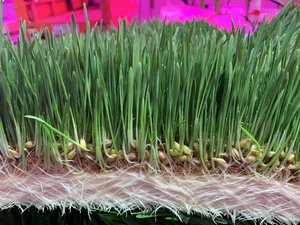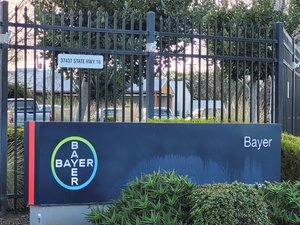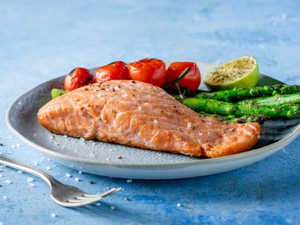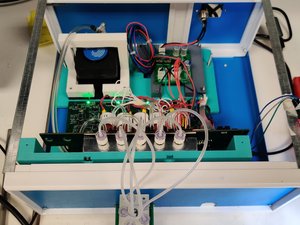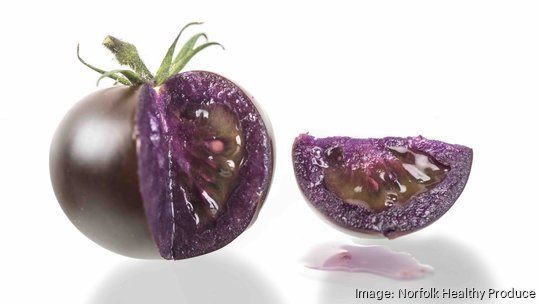
A Davis-based food technology company is bringing to market a purple tomato that has all the antioxidants of blueberries along with the healthy benefits of tomatoes.
Norfolk Healthy Produce launched in Davis in 2021 to bring to market the bioengineered produce, which uses some pigment genes from the edible snapdragon flower to help tomatoes generate more antioxidants, said CEO Nathan Pumplin.
“We are trying to solve the urgent problems of climate change, food security and healthy diet,” he said.
By programming produce to do what people need in terms of growing conditions and nutrition, Norfolk Healthy Produce hopes to present customers with a choice in the supermarket.
The purple tomatoes have about the same content of antioxidants as blueberries by weight, but on average people tend to eat 20 times more tomatoes than blueberries in a year, Pumplin said. “Most people don’t eat enough blueberries to get the benefit.”
Norfolk Healthy Products is transparent that its product is bioengineered. The company posits that consumers will make the decision to buy anyway based on its product's superior nutrition. After the bioengineering, Norfolk Healthy Products also used traditional breeding techniques to make sure it tastes good and grows well, Pumplin said, adding that it tastes like a tomato.
The company’s purple tomato was developed by Cathie Martin, a professor of botany at John Innes Centre in Norwich, England. Martin’s work is focused on diet and health. In 2007, she was researching anthocyanins pigment in snapdragons, some of which had pigment and some of which didn’t. When she found the gene that turned on pigment, she thought she could use it in tomatoes to the same effect. Anthocyanins are color in plants and antioxidants.
Regular tomatoes naturally have lycopene, which is a powerful antioxidant. The skin of the tomato has the genes to produce anthocyanins, which is what creates the antioxidants and color in blueberries, raspberries, cranberries and other food crops that are dark red, blue or purple. Using two genes from snapdragons in the tomato’s genetic package switches on the tomato’s ability to produce anthocyanins not only in the skin but also throughout the fruit, Pumplin said.
There is also the added benefit that the pigment antioxidants tend to give the fruit some protection against decay, so they have a longer shelf life, he said.
The genetically modified fruit received Food and Drug Administration approvals in 2022 and approval from the U.S. Department of Agriculture in June. Most companies that use bioengineering tend to focus on grain, corn and oil crops, because getting all the approvals is expensive so the only way to get the investment back is by volume on a commodity crop.
Norfolk Healthy Produce has gotten its approvals slowly and methodically over years. The team of four full-time employees and a handful of contractors is now preparing to raise a seed round of funding, Pumplin said.
The company this month will begin selling seed packets to backyard gardeners who want to grow the cherry tomato-sized fruit, and it is signing up agricultural growers to sell clamshell packaged purple cherry tomatoes on the East Coast later this year. The company is still looking for West Coast growers, he said.
Pumplin, who has a doctorate in plant biology, estimates that about 5% of the public won’t try the purple tomato because it's bioengineered. “There is no product that is for everyone. If you are only interested in eating organic, that’s great. There are people interested in nutrition.”
One of the first attempts to use genetic modification on fruit was the Flavr Savr tomato, engineered by Calgene for extended shelf-life and fungal resistance. It was in stores in 1994, but it didn’t catch on with consumers. The Flavr Savr's genetically engineered traits were meant to benefit distributers and wholesalers. The Norfolk product, by contrast, is aimed at benefiting consumers' health.

